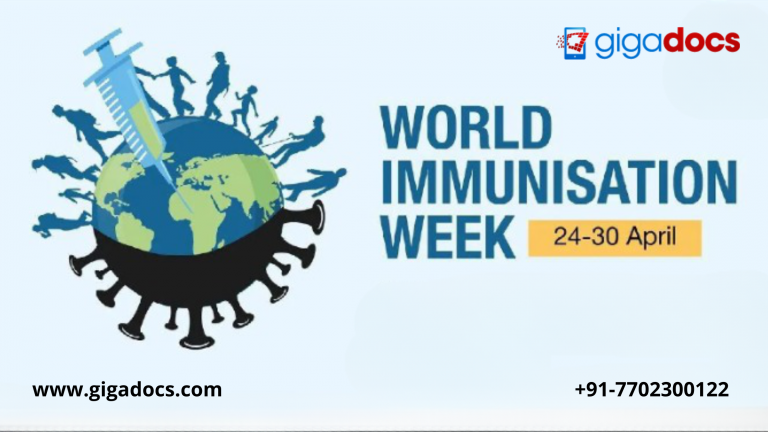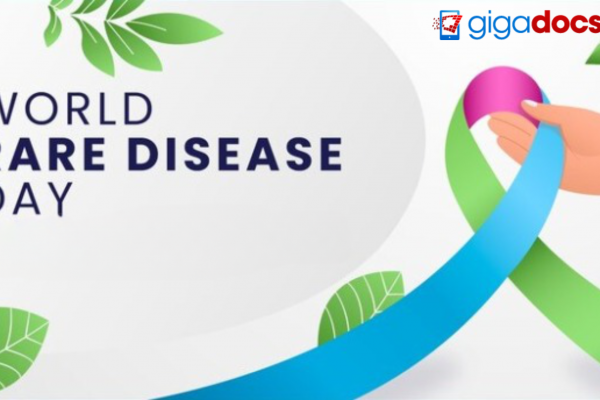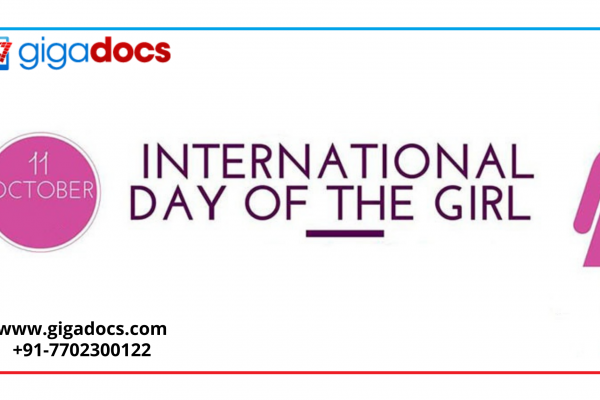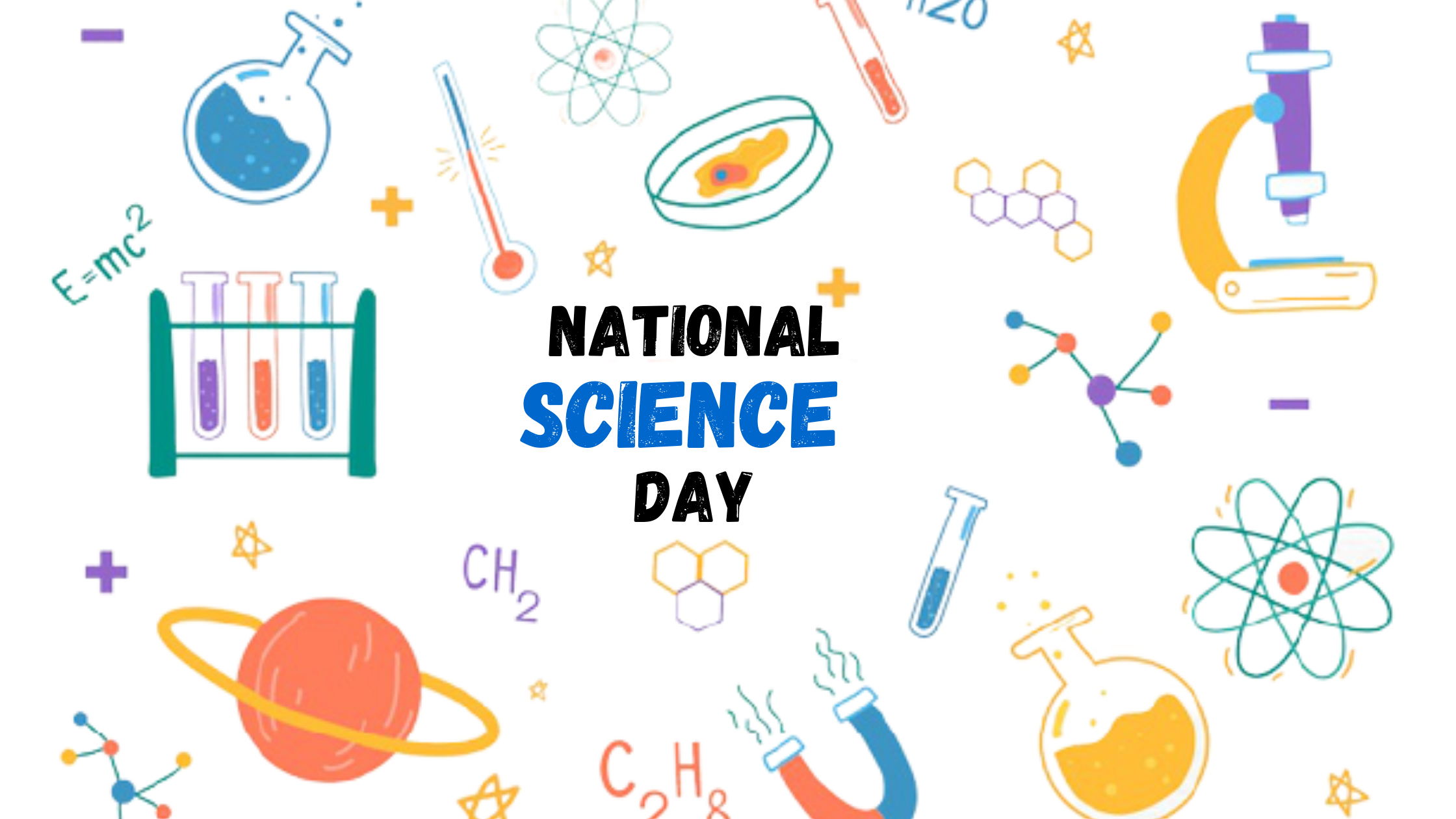No child should miss a lifesaving vaccine! However, over 25 million children missed at least one vaccination in 2021 alone.
Lifesaving vaccines save lives by helping the body develop immunity to dreadful diseases. However, the COVID-19 pandemic has disrupted routine immunizations in many parts of the world, leading to potential increases in the number of children who missed immunizations in 2021.
Missing a Vaccine Shot
What does it mean to miss a vaccine shot?
Missing a vaccine means serious consequences for a child’s health and well-being. It can leave them vulnerable to vaccine-preventable diseases and put them at risk for severe illness or even death. This explains why all children must have access to and receive life-saving vaccines on schedule. You can check your child’s vaccination date on the Gigadocs vaccination schedule by inputting their birth date.
What happens during Vaccination?
During a vaccination, a person’s immune system is exposed to a small, harmless piece of a virus or bacteria called an antigen. This exposure triggers the immune system to produce antibodies- proteins that recognize and fight off the specific disease-causing pathogen. If the same person is later exposed to the actual disease-causing pathogen, their immune system has the experience to recognize and fight it off, which helps to prevent the person from becoming sick or developing severe symptoms.
In this way, vaccines can prevent serious and potentially deadly diseases, including measles, polio, tetanus, and many others. For instance, take the case of the polio vaccine, which has been instrumental in reducing the global burden of polio, a virus that can cause paralysis and even death. Since introducing the polio vaccine, the number of polio cases worldwide has decreased by over 99%.
Going further, let’s discuss and understand the top ten important immunization doses that must be administered to kids and adolescents-
10 Most Important Immunizations for Kids and Adolescents
The vaccines that must be given to kids can vary by country and region, but some of the vaccines that are commonly recommended for children include:
| Vaccination Name | Protects Against | Recommended for | Administration | Stand-Alone Doses |
| Measles, mumps, and rubella (MMR) vaccine | Three diseases: measles, rubella, and mumps. | The MR vaccine is recommended for all children aged 9 months to 15 years. | Administered in two doses, with the first given at 9 months and the second between 16 and 24 months | Stand- Alone dose is recommended for children aged 9 months to under 15 months and is administered in two doses, with the second dose given at least 4 weeks after the first dose. |
| Diphtheria, tetanus, and pertussis (DTaP) vaccine | Diphtheria is a bacterial infection that can cause severe respiratory and heart problems. Tetanus is caused by a toxin produced by bacteria found in soil, and dust, and animal feces and can cause muscle stiffness and spasms. Pertussis, also known as whooping cough, is highly contagious and can cause severe coughing fits, leading to complications such as pneumonia and seizures. | Recommended for all children in India as a part of their routine immunization schedule | The vaccine is usually given in five doses, starting at two months of age, with subsequent doses at four months, six months, 15-18 months, and four to six years. | – |
| The Polio vaccine | Protects against poliomyelitis, a highly infectious viral disease caused by the poliovirus. Polio can cause paralysis, and in severe cases, it can lead to death. | The polio vaccine is given as an injection (inactivated polio vaccine, or IPV) or orally (oral polio vaccine, or OPV) | It is given as part of the routine immunization schedule for infants, with the first dose given at six weeks of age, followed by two more doses at ten weeks and 14 weeks. | A fourth booster dose is given between 16 and 24 months of age. Additional doses are given during national immunization campaigns to reach all children under five. |
| Haemophilus influenzae type b (Hib) vaccine | The Hib vaccine protects against the Hib bacteria, which can cause serious infections such as meningitis, pneumonia, and sepsis. | Recommended for infants and young children. | Given as a series of three or four doses, depending on the brand of vaccine used. The first dose is usually given at six weeks, followed by two or three more doses at ten weeks, 14 weeks, and sometimes six months of age. | The vaccine can be given as a stand-alone or combined with other routine childhood vaccines. |
| Hepatitis B vaccine | The Hepatitis B vaccine protects against the Hepatitis B virus, which can cause serious liver disease and potentially lead to liver cancer. | Recommended for all infants, children, adolescents, and certain adults who may be at increased risk for hepatitis B infection, including healthcare workers, People with chronic liver disease, injection drug users, and people who are sexually active with multiple partners. | It is given in three doses, usually starting at birth or soon after. The second dose is given at one month, and the third at six months. | – |
| Pneumococcal vaccine | The Pneumococcal vaccine protects against pneumococcal bacteria, which can cause serious infections such as pneumonia, meningitis, and sepsis. | Recommended to all infants, starting at 2 months of age. Adults over 65 years of age have certain medical conditions that increase their risk of pneumococcal disease, chronic heart or lung disease, diabetes, or with a weakened immune system. | Given as a series of three doses for infants, starting at six weeks of age, with subsequent doses at 10 weeks and 14 weeks. | A booster dose is recommended at 12-15 months of age. The vaccine can be given as a stand-alone or combined with other routine childhood vaccines. |
| The Rotavirus vaccine | Protects against rotavirus- a common cause of severe diarrhea in young children. | The rotavirus vaccine is given as a series of two or three doses, depending on the brand of vaccine used. | The first dose is usually given at six weeks, followed by one or two more doses at 10 and 14 weeks. | The vaccine can be given as a stand-alone or combined with other routine childhood vaccines. |
| Varicella (chickenpox) vaccine | Protects against the varicella-zoster virus, which causes chickenpox. | Children and adults should consider getting vaccinated, especially important for healthcare workers, teachers, and people who work in childcare. Varicella (chickenpox) vaccine is recommended for pregnant women, people with weakened immune systems, and people receiving cancer treatment. | In India, the varicella vaccine is given in two doses. The first dose is usually given at 15 months and the second at 4 to 6 years of age. | The vaccine can also be given to older children and adults who have not previously had chickenpox. |
| The Hepatitis A vaccine | Protects against the hepatitis A virus, which can cause liver disease. | The vaccine can also be given to older children and adults not previously vaccinated. | In India, the hepatitis A vaccine is given in two doses. The first dose is usually given at 12 to 23 months, and the second dose is given six to 18 months after the first. | – |
| HPV vaccine (human papillomavirus) | HPV vaccine protects against certain strains of HPV, which can cause cervical cancer and other cancers | The human papillomavirus (HPV) vaccine is recommended for all girls in India. | The HPV vaccine is given as a series of two or three doses, depending on the brand of vaccine used. The first dose is usually given at 9 to 14 years of age, and the second dose is given six to 12 months after the first dose. | Some vaccine brands also require a third dose, given six months after the second dose. |
Immunization According to Different Ages
Like young infants, immunization is also important for the elderly as they are more vulnerable to certain vaccine-preventable diseases. The immune system weakens as we age, making it more difficult for the body to fight infections, which explains why it is recommended that seniors receive certain vaccines to protect themselves from these diseases.
Some vaccines recommended for elderly individuals include:
- Pneumococcal vaccine: The pneumococcal vaccine protects against pneumococcal disease, which can cause pneumonia, meningitis, and bloodstream infections. The vaccine is recommended for all adults aged 65 years and older.
- Shingles vaccine: The shingles vaccine protects against shingles, a painful rash caused by the same virus that causes chickenpox. The vaccine is recommended for all adults aged 50 years and older.
- Tetanus, diphtheria, and pertussis (Tdap) vaccine: This vaccine is recommended for adults who have not received a Tdap vaccine before, and it should be followed by tetanus and diphtheria (Td) booster every ten years.
- Hepatitis B vaccine: Hepatitis B vaccine is recommended for individuals who have not received the vaccine before and who are at risk of exposure to the hepatitis B virus, including healthcare workers and those who live with someone with hepatitis B.
Seniors must discuss their vaccine needs with their healthcare provider to determine which vaccines are recommended based on age, overall health, and other factors. Vaccines are important in maintaining good health and preventing serious illnesses, even in older adults.
Precautions to be taken pre and post-Immunization
Now that we have read about immunization and the vaccinations important for different age groups, let’s understand the precautions which should be taken by all age groups before and after immunization-
Before Immunization:
- Inform your healthcare provider about any medical conditions, allergies, or previous adverse reactions to vaccines.
- Make sure to disclose any medications or supplements you are taking.
- Be sure to inform the healthcare provider if you are pregnant or planning to become pregnant.
- Follow specific instructions the healthcare provider gives, such as fasting before certain vaccinations.
After Immunization:
- Stay at the vaccination site for at least 15-30 minutes after the injection to monitor for adverse reactions.
- Keep the vaccination site clean and dry, and avoid touching or rubbing it.
- Use a cool compress or take a pain reliever to alleviate any soreness, swelling, or fever that may occur after vaccination.
- Keep track of any symptoms after vaccination and report them to your healthcare provider.
- If you experience severe symptoms, such as difficulty breathing or a severe allergic reaction, seek medical attention immediately.
Vaccination schedule On Gigadocs
Schedule your child’s vaccination on Gigadocs with the vaccination schedule on the Gigadocs app you just have to input your child’s date of birth, and their vaccine schedule will be shared with you. In addition, you can schedule the diagnostic tests and vaccinations for the seniors in your family with Gigadocs.
To know more, download the Gigadocs app from-
Download the Gigadocs app from-
- IOS App – apple.co/2W2iG4V
- Android App – bit.ly/33AQoRC
To know more e-mail, at info@gigadocs.com




